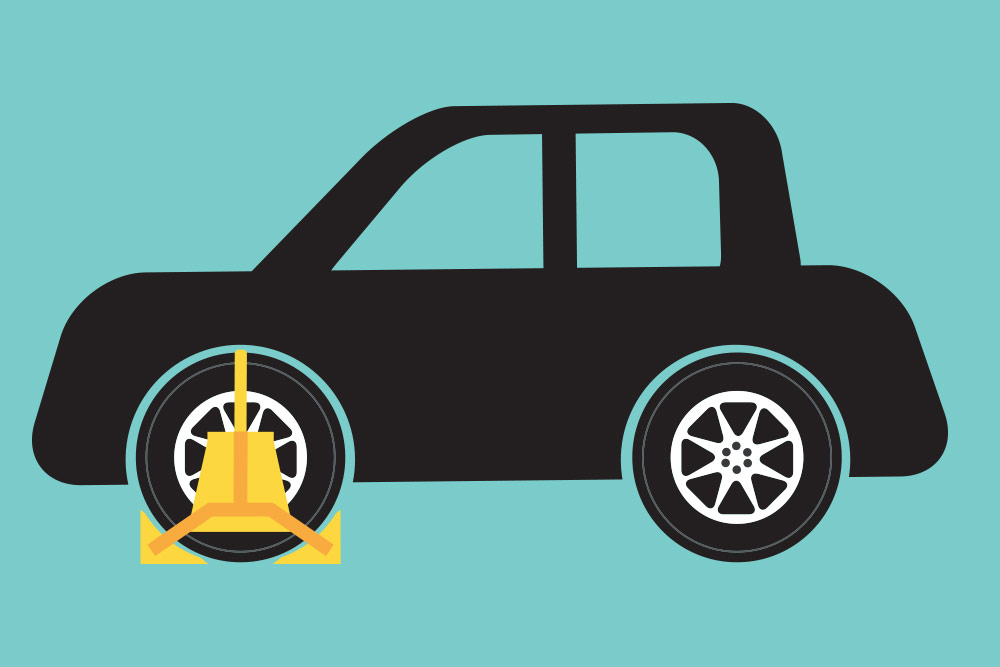Financial Hardship Assistance

If you are struggling to pay bills or loans, whether through life events or ongoing low income, you should approach your credit or service provider and ask to apply for help under the terms of ‘Financial Hardship Assistance' or a 'Hardship Variation'.
Most big companies, banks, finance and utility providers will have Hardship Assistance programs. They are legally required to consider any request and respond to you within 21 days.
Service providers may offer:
- extension to a payment due date
- arrears payment arrangement or instalment plans
- easyway payments to spread your costs over the year
- a discounted price or service rate
- concession pricing.
Credit providers may typically offer:
- contract variations – reducing your repayment amount, including interest only
- a loan freeze (moratorium) period - It can include no interest, fees or payments charged for a certain time.
If this doesn't work they may then consider:
- deferral of amounts due to a later date
- capitalisation of arrears - outstanding amounts added to the end of the loan period
- waiving the debt in extreme circumstances.
A Financial Counsellor can help you contact and negotiate Financial Hardship assistance or, if you wish to take action yourself, you can call the company and ask specifically for the ‘Financial Hardship’ department to ensure you get the right person to help.
If your application for Hardship is refused, you can ask for reasons for their decision. They must provide you with details of an external dispute resolution process, such as an ombudsman to review your situation if you wish to appeal their decision.
Steps to take when applying for Hardship
Ask to speak to the Hardship Assistance or Financial Hardship area of the company/bank/provider. Your request for assistance does not have to be in writing. A request in person or by phone must also be considered.
Most companies will also ask you to complete a form providing details of your financial situation, including:
- your budget (income and expenditure statement) to show what you can afford
- evidence of your income
- evidence of the hardship situation (a separation certificate from your last place of work, high medical expenses, etc).
Keep in mind:
Making smaller loan repayments now could increase the total long term interest cost as it takes longer to pay a loan off.
There’s no point agreeing to a Hardship Variation that you still can’t afford. You’ll soon be back where you started. A Financial Counsellor can help you work through your money problems and help you determine what is achievable and sustainable .




